So I think I have a similar problem. I'm looking for swagger to generate enums along with the int -> string mapping. The API must accept the int. The swagger-ui matters less, what I really want is code generation with a "real" enum on the other side (android apps using retrofit in this case).
So from my research this ultimately seems to be a limit of the OpenAPI specification which Swagger uses. It's not possible to specify names and numbers for enums.
The best issue I've found to follow is https://github.com/OAI/OpenAPI-Specification/issues/681 which looks like a "maybe soon" but then Swagger would have to be updated, and in my case Swashbuckle as well.
For now my workaround has been to implement a document filter that looks for enums and populates the relevant description with the contents of the enum.
GlobalConfiguration.Configuration
.EnableSwagger(c =>
{
c.DocumentFilter<SwaggerAddEnumDescriptions>();
//disable this
//c.DescribeAllEnumsAsStrings()
SwaggerAddEnumDescriptions.cs:
using System;
using System.Web.Http.Description;
using Swashbuckle.Swagger;
using System.Collections.Generic;
public class SwaggerAddEnumDescriptions : IDocumentFilter
{
public void Apply(SwaggerDocument swaggerDoc, SchemaRegistry schemaRegistry, IApiExplorer apiExplorer)
{
// add enum descriptions to result models
foreach (KeyValuePair<string, Schema> schemaDictionaryItem in swaggerDoc.definitions)
{
Schema schema = schemaDictionaryItem.Value;
foreach (KeyValuePair<string, Schema> propertyDictionaryItem in schema.properties)
{
Schema property = propertyDictionaryItem.Value;
IList<object> propertyEnums = property.@enum;
if (propertyEnums != null && propertyEnums.Count > 0)
{
property.description += DescribeEnum(propertyEnums);
}
}
}
// add enum descriptions to input parameters
if (swaggerDoc.paths.Count > 0)
{
foreach (PathItem pathItem in swaggerDoc.paths.Values)
{
DescribeEnumParameters(pathItem.parameters);
// head, patch, options, delete left out
List<Operation> possibleParameterisedOperations = new List<Operation> { pathItem.get, pathItem.post, pathItem.put };
possibleParameterisedOperations.FindAll(x => x != null).ForEach(x => DescribeEnumParameters(x.parameters));
}
}
}
private void DescribeEnumParameters(IList<Parameter> parameters)
{
if (parameters != null)
{
foreach (Parameter param in parameters)
{
IList<object> paramEnums = param.@enum;
if (paramEnums != null && paramEnums.Count > 0)
{
param.description += DescribeEnum(paramEnums);
}
}
}
}
private string DescribeEnum(IList<object> enums)
{
List<string> enumDescriptions = new List<string>();
foreach (object enumOption in enums)
{
enumDescriptions.Add(string.Format("{0} = {1}", (int)enumOption, Enum.GetName(enumOption.GetType(), enumOption)));
}
return string.Join(", ", enumDescriptions.ToArray());
}
}
This results in something like the following on your swagger-ui so at least you can "see what you're doing":





